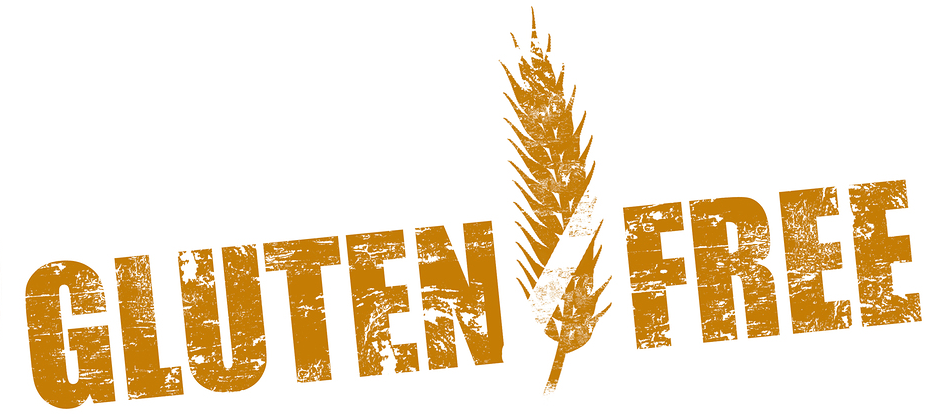Blind faith in products that scream health, does not mean that they are actually healthy for you!
We as a nation are pre-disposed to eating wheat, and look at the situation now?
Indians are all going through what I call the ‘gluten-free’ syndrome!! Just as long as the packaging screams gluten-free its good for us, the ingredients of that products are not even looked into. This syndrome is like an ailment, and when it takes over our immune system, our heads go awry! However, there is a difference between having a food intolerance and just following a diet fad.
I am writing this piece today to caution you on how to drive your wellness wagon, on these new roads, highways and metros that India is throwing at us with its burgeoning health revolution. I only have limited space here to voice my opinion, so may not be able to highlight all aspects of this mirage of the health revolution that grips us, so make the time to read some more.
The other day I picked up a snack that screamed health on it packaging (a brand that I trust from a superstore). My trust factor in this brand has been built up with a couple of variables: buzz words used on the packaging and ingredients used to make it. But being a health practitioner, I know ingredients are not real foods. Because I am clean (definition: healthy gut microflora and balanced pH [I say this with no ego]. I react instantly to foods that are not put together with clean, wholesome natural foods. So you’re wondering why did I pick this packet up? Well it was a Sunday and like most of you who celebrate weekends, my way of doing so, is to include something ‘extra’ that adds an element of fun. But boy was I sick with a hardened stomach, nausea, excessive thirst and it did me in.
First, to sell a product we need only a FSSAI license (Foods Safety and Standards Authority of India), I recently applied for mine, and got it fairly easily. No processes observed or questions asked. So tomorrow, I can start selling any product, and since I am ‘trusted’ (at least I know I am amongst my own clients); I’m assuming it would be bought and consumed. Here is the big BUT; I could use anything (ingredient) in it within normal parameters of health (as defined by me) e.g., maize starch or tapioca flour in a gluten-free bread and sell it as gluten-free and you’d pick it up. However, you do not know that if you are even marginally compromised in your digestive system, this would cause you to go into a complete flare-up (by this I mean you come under the IBS/IBD spectrum [Irritable Bowel Syndrome/Disease]). So just because its gluten-free, it may not be healthy at all. Most gluten-free products do contain sugar, yeast (bread for example), other types of high-glycemic flours, thickeners, and a lot gluten-free cakes and cookies are still just that: cakes and cookies (which have every other dangerous ingredient), except made with a different flour.
In the similar vein, if your eggs are free-range (recently another marketer sold eggs, being sold as ORGANIC eggs [which were just free-range] they are healthy, WRONG: It doesn’t mean if your birds are left outdoors longer they are healthy; the questions we need to ask are: have they been fed organic 100% food [to be called ORGANIC eggs?] and are pasture-raised, but also do they eat bugs, larvae, worms (forage: basically organic of course); to make their eggs nutrient-rich?
Moral of the story: Know your facts about what quality ingredients make up a product, trust the brand – its going to take the FSSAI a lot of time to get their act together to observe processes and test ingredients that are used to make a product and then give us certifications. Very few marketers go the extra mile and get their labels tested at labs and most of them are using ‘buzz words’ to sell their products – they are in the driver seat of your wellness wagon, so I urge you to take-over.

